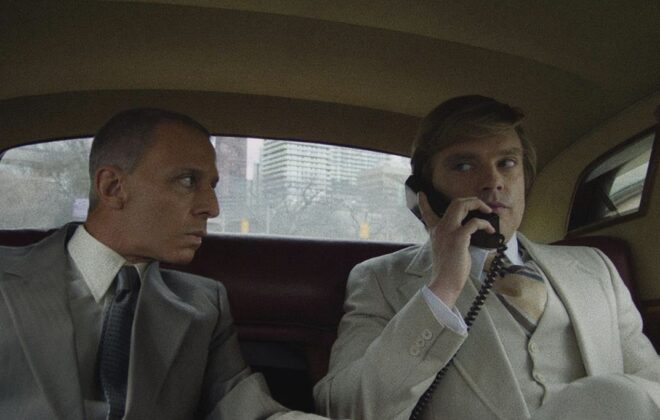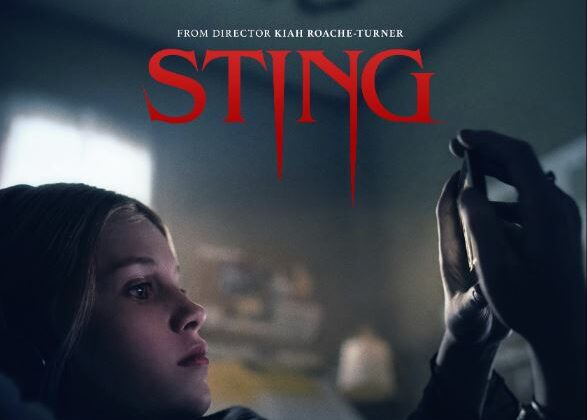The Children Act Review
“Deftly directed, beautifully shot, Emma Thompson turns out a stellar performance in a film that falls just short of greatness”
I didn’t expect to like The Children Act. It has Oscar bate written all over it. It is the type of film that respectable critics are meant to lap up. It ticks all the boxes. A stellar cast starring in a topical movie. And on the face of it that what it seems to be. Emma Thompson plays a judge. Typically, she would deal with cases where a child’s safety is at risk due to the religious beliefs of the parents. This is hefty stuff which touches all sorts of nerves. Religious doctrine versus secular humanism. Belief versus science. A film for our age, with some sort of moral message that it is at pains to hammer you over the head with. These are the films that win oscars, the films that people gush over; but ten years after they’re released, no one is talking about these films. They are by the book, designed for oscar prestige and little else, never deep enough to say something actually profound about the subject they’re tackling.
The Children Act surprised me. It is not that movie. Sure, it has a stellar cast, and it is deftly directed, but what is most surprising is how the moral issues take a backseat to a more personal crisis. Consumed in her work Judge Fiona May, played with subtly and nuance by Emma Thompson, is given an ultimatum by her husband, played by Stanley Tucci. He is going to pursue an affair if she doesn’t pay more attention to their flailing marriage. The devastation that this causes her is played subtly and deftly, with quiet moments indicating her pain. The film is part a character study of how someone so adept at holding their composure faces a personal crisis. And this is where the film excels, the camerawork and direction perfectly balanced with Thompson’s stellar performance.
And then in a moment of what might be considered weakness she takes a more personal interest in one of her cases. A teenager who was brought up a Jehovah has been diagnosed with cancer and is being treated with chemotherapy. As a byproduct of the treatment he needs a blood transfusion. The catch is that Jehovah witnesses view the transfer of blood as a sin, because some obscure passage in scripture says so. She decides to visit the young man in question, though this is highly unusual. An unlikely bond grows between them and … well to say anything more would be to spoil the movie.
At one point in the movie, an Irish security guard overhears Fiona (Thompson) break into an impromptu rendition of “Down by the Salley Garden”, a song inspired by a W.B. Yeats poem. “That was a lovely rendition Miss,” he tells her as she rushes out of the recital hall. This isn’t the only allusion to Irish literature in the film. Indeed, the film takes more inspiration from another Irish author. It’s a story by James Joyce that is revealed to be at the film’s core. To tell you what the story is would be to spoil the ending, and maybe that’s part of one of the problems with the film. One of Joyce’s greatest characters, all the more greater for their absence in Joyce’s story (an essential mystery at it’s core) is given flesh and blood in The Children Act. As a consequence the character comes off as a bit of a caricature, throwing the viewer out of the world of the film.
We are left with an unusual mix here. An intimate personal portrayal of a woman in crisis, and a retelling of a Joyce story, where one of the most mysterious characters in Joyce’s works is demystified. It is as though they missed the point of the story. And so the film falls short. Beautifully shot, a masterful character portrait, but in trying to use Joyce as a template it arrives at an overly determined conclusion, and demystifies a character that was defined by mystery.
And some mysteries aren’t meant to be answered.
- Director: Richard Eyre
- Written by: Ian McEwan
- Starring: Emma Thompson and Stanley Tucci
- Running Time: 1 hour and 45 minutes
- Rated: R
- Release Date: US Sept. 14th, 2018 | UK Aug. 24th, 2018
Review by Conor Tobin, a Dublin based filmmaker.
Tags In
Related Posts
Leave a Reply Cancel reply
This site uses Akismet to reduce spam. Learn how your comment data is processed.




